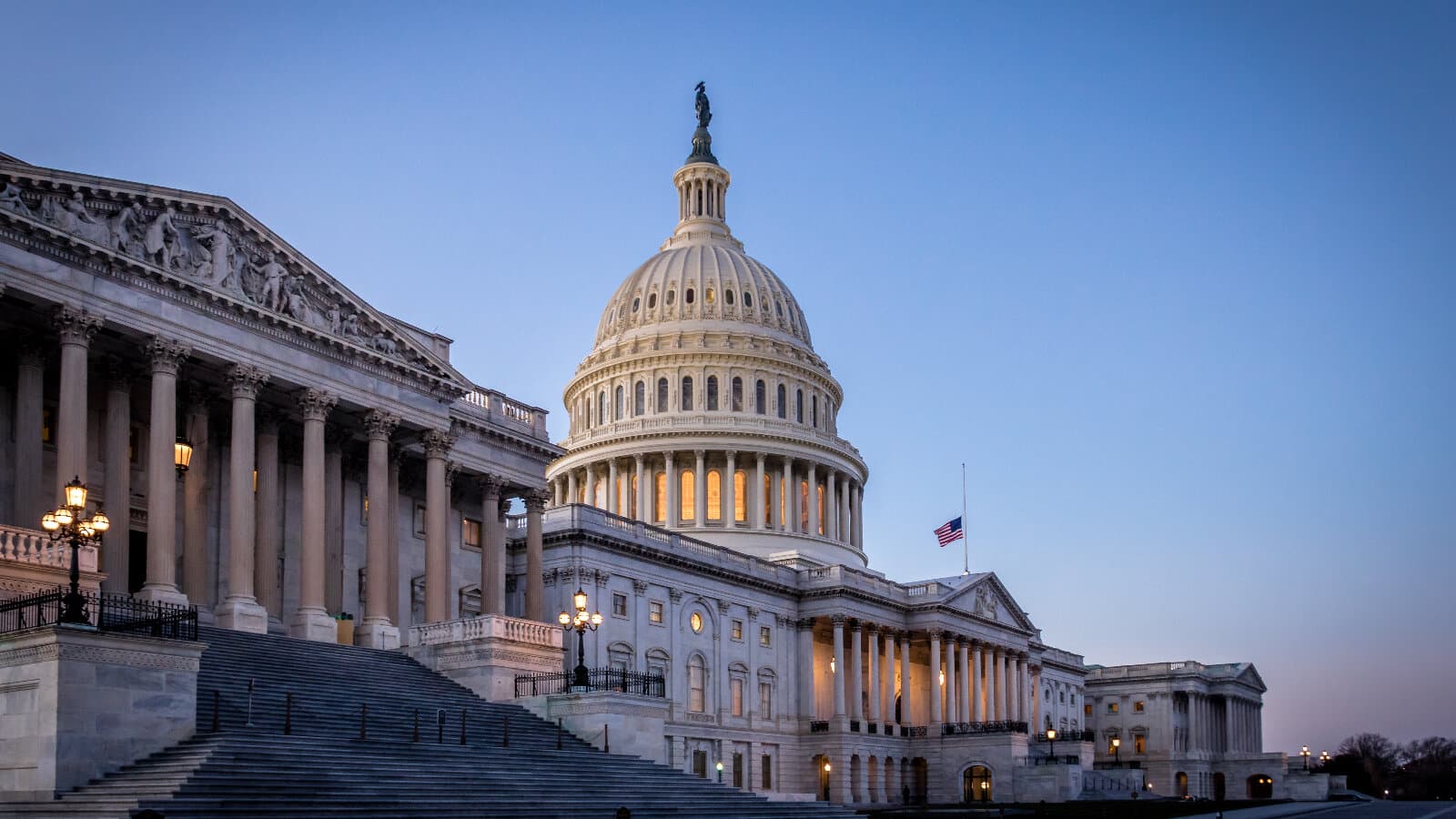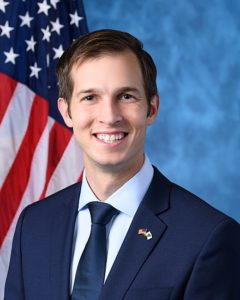Don’t Scrap Current Crypto Policy Proposals Just Yet, Rep. Says
Venture capitalists should have been asking FTX more questions, congressman says

Source: Shutterstock
Lawmakers can only do so much when it comes to investor protections, Rep. Jake Auchincloss, D. Mass., said Wednesday — and FTX is the latest example.
“Investors need to be doing much more due diligence,” Auchincloss said at the Blockchain Association Policy Summit in Washington, DC, referring to venture firms and equity holders who backed the now-defunct exchange.
“If you are putting your money down somewhere, you should be receiving open books in return,” he said.
The aftershock from FTX’s collapse only highlights what lawmakers have been saying for the better part of a year, according to Auchincloss. Many lawmakers have been focused on advancing cryptocurrency policy and regulation in the US to prevent these kinds of off-shore collapses, he added.
 US Representative Jake Auchincloss | Source: Franmarie Metzler, U.S. House of Representatives photographer
US Representative Jake Auchincloss | Source: Franmarie Metzler, U.S. House of Representatives photographer“The crimes FTX was committing…were illegal 100 years ago,” Auchincloss said.
In terms of what we can expect from the Hill in the coming months, Auchincloss is hopeful several of the current proposals can make it through one way or another.
“Don’t scrap it all,” he said, referring to current bills sitting with the Senate and Agriculture Committees. “There’s actually a lot of momentum around what I would call non-controversial [bills].”
Stablecoin legislation and bills that provide better clarity and definitions around digital assets have the majority of congressional support right now, Auchincloss said, likely to the tune of 60% to 70%. Some bills have substantial bipartisan support, he added, because we are really in more of a pre-partisan stage when it comes to crypto regulation, as regulation is just now taking shape.
In terms of token classification, which has been an ongoing discussion between the Securities and Exchange Commission and the Commodity Futures Trading Commission, it seems like lawmakers are still set on a Howey Test-based classification process, he added.
For instance, the SEC’s recent enforcement action against the LBRY project shows they continue to take a very broad view in determining what qualifies as an “investment contract” under the Howey Test — too broad, according to some legal experts.
“We need to update our thinking from 1940,” Auchincloss said.
Get the news in your inbox. Explore Blockworks newsletters:
- The Breakdown: Decoding crypto and the markets. Daily.
- 0xResearch: Alpha in your inbox. Think like an analyst.






